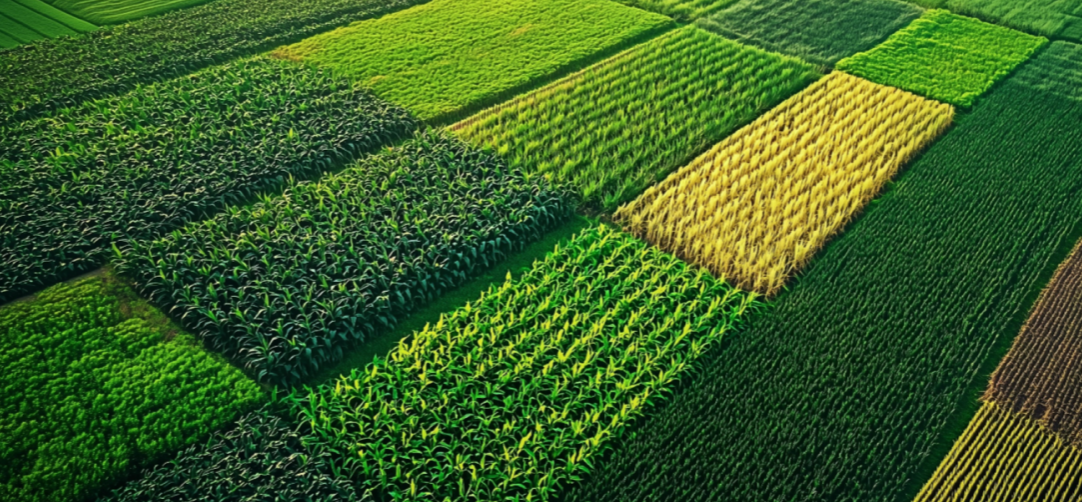
Network of Partners
The Eurasian Carbon Project leverages a network of international experts from diverse fields. These partners collaborate closely to ensure that Kazakhstan's carbon farming initiatives are aligned with global standards and can be effectively scaled to other regions.

that oversees the environmental regulation and policy implementation of carbon farming practices in Kazakhstan.

that integrates carbon farming into Kazakhstan’s national agricultural policy, ensuring widespread adoption of sustainable practices.

that offers scientific research and analysis on sustainable land management, carbon sequestration strategies, and trading options.

that provides expertise on legal frameworks and policy regulations to facilitate carbon trading in Kazakhstan and across Eurasia.

that conducts socio-economic research on the impact of carbon farming on rural communities, contributing local insights that help tailor recommendations for Kazakhstan’s unique context.

that supports efforts to combat land degradation in Kazakhstan and provides expertise on sustainable land management.

that facilitates investment in Kazakhstan’s carbon markets and works to attract international investors to fund carbon farming initiatives.
that provides the regulatory framework for the creation and trading of carbon credits in Kazakhstan’s emerging carbon market.

The network continues to expand, seeking to include more regional and international partners to ensure the successful implementation of carbon farming practices not only in Kazakhstan but also in other ADB countries. This expansion will enable the project to address broader issues such as land degradation, loss of biodiversity, water scarcity, and food security in the region.









